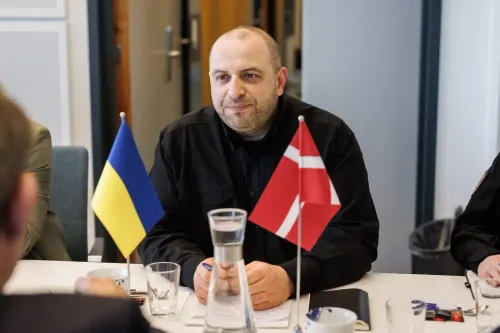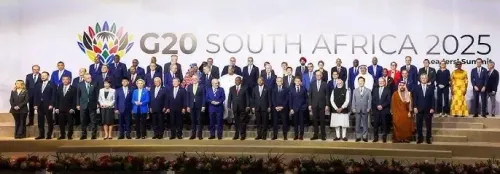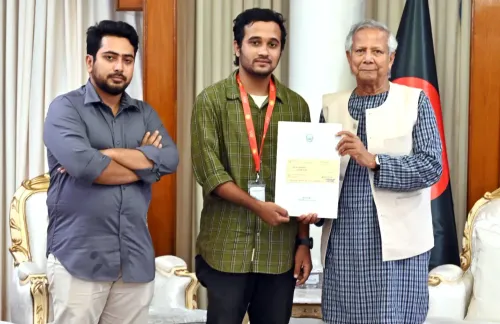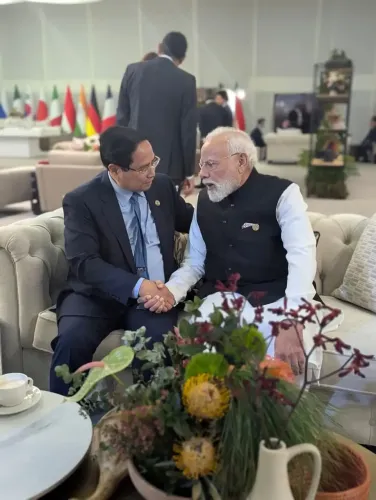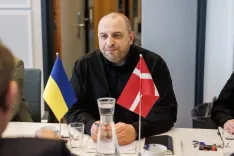Can Trump Help to De-escalate Tensions Between India and Pakistan?
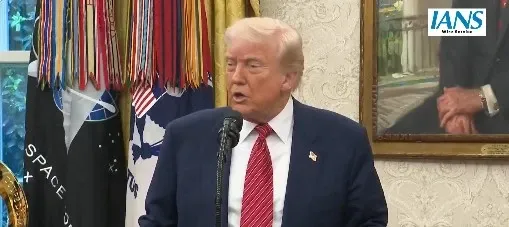
Synopsis
Key Takeaways
- Trump's Offer: President Trump is willing to assist in reducing tensions.
- Operation Sindoor: India's military action targets terror sites in response to a deadly attack.
- Diplomatic Focus: Emphasis on dialogue and peaceful resolution is crucial.
- International Monitoring: The US government is actively monitoring the situation.
- Historical Context: The conflict has deep historical roots and requires careful navigation.
Washington, May 8 (NationPress) In light of rising tensions following India's airstrikes targeting terrorist launch sites in Pakistan and Pakistan Occupied Kashmir, US President Donald Trump has voiced his worries, declaring that he is prepared to assist and desires an end to the growing conflict between the two nations.
“It’s truly unfortunate. I maintain positive relations with both countries. I am familiar with both and wish to see them resolve their issues. It’s time for them to halt this tit-for-tat exchange. I have amicable ties with both nations,” Trump remarked.
“I have strong connections with both and I want to see it stop. If I can contribute in any way, I will be there,” Trump added when asked about the ongoing tensions between India and Pakistan.
On Wednesday, India commenced Operation Sindoor, targeting nine terrorist installations in Pakistan-occupied Kashmir (PoK) and Pakistan in retaliation for a terrorist attack in Pahalgam, Jammu and Kashmir, on April 22 that resulted in the deaths of 26 individuals.
Earlier that day, US Secretary of State Marco Rubio mentioned that he is closely observing the situation between India and Pakistan, following the Indian missile strikes on several terrorist locations in Pakistan.
In a statement shared on X, Rubio noted, “I am closely monitoring the situation between India and Pakistan. I echo President Trump’s earlier remarks, hoping for a swift resolution and will continue to engage both Indian and Pakistani leaders towards peace.”
On Tuesday, Trump commented on India's Operation Sindoor, expressing his hope that the hostilities between the two nations would cease “very quickly.”
“It’s a pity,” he stated, adding, “We learned about it just as we entered the Oval Office. I suppose people anticipated some action based on historical patterns.”
“They’ve been in conflict for a lengthy period. This fighting has persisted for numerous decades, perhaps even centuries, if you consider it deeply,” Trump reflected.
When asked if he had any message for the nations involved, he replied, “No, I just hope it concludes very quickly.”

